When deciding to attend a green college, there are certain criteria to consider when choosing the best green campus experience. The Princeton Review rated colleges based on whether students had a campus life that was healthy and had sustainable resources available.
Enlisting a panel of experts in green practices for higher education, school administrators at 629 colleges were surveyed and asked about school policies regarding recycling, LEED building standards and energy consumption for the green scale ranking.
If you are seeking a degree in environmental studies and sustainability, that’s a criteria for a college to be considered sustainable, according to Princeton Review methodology.
“Environmental literacy is becoming a core necessity, regardless of career or interest, as companies are increasingly asking employees to consider the bigger picture,” said Jared Duval, author of "Next Generation Democracy: What the Open Source Revolution Means for Power, Politics, and Change."
Organic food in the dining hall, access to mass transit and car pooling or telecommuting to class were also among the considerations included in the ranking.
The following U.S. colleges, in ascending order, were ranked the most green:
10. University of California-Davis
Davis, Calif.
Enrolled: 29,589
The school’s commitment to sustainability has led to “four consecutive years of reduced greenhouse gas emissions,” according to the survey. UC Davis is a bicycle “hotspot” with over 20,000 bicycles on campus almost daily. The campus food budget is 23 percent from local/organic sources.
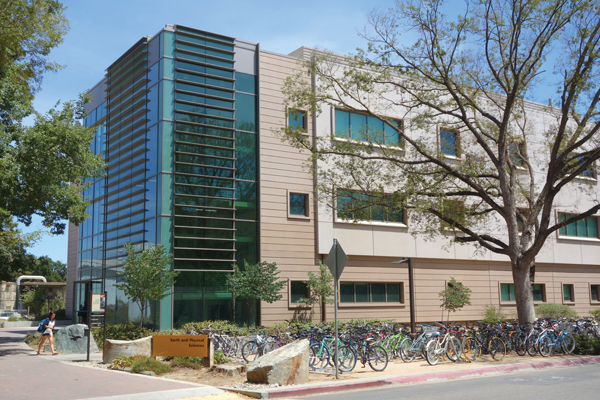
9. Stanford University
Stanford, Calif.
Enrolled: 7,034
The EPA recognized Stanford’s “Recyclemania” program to reduce waste on campus. Stanford has invested $450 million on emission-reduction practices as part of an energy and climate plan over the past few years. About 38 percent of the food budget is spent on local organic foods for the campus.
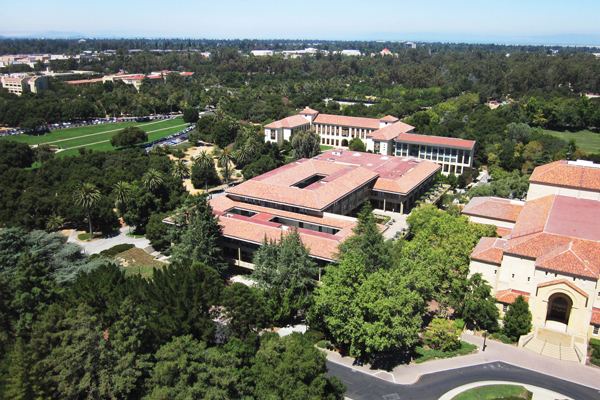
8. Colorado State University
Ft. Collins, Colo.
Enrolled: 25,688
Campus-based Aspen Grille is a student run sustainable Green Seal-certified restaurant providing local sustainable cuisine. CSU’s Forest Service tree nursery produces 2 million seedlings annually to reduce carbon monoxide. It was also the first college to track data to forecast the weather.
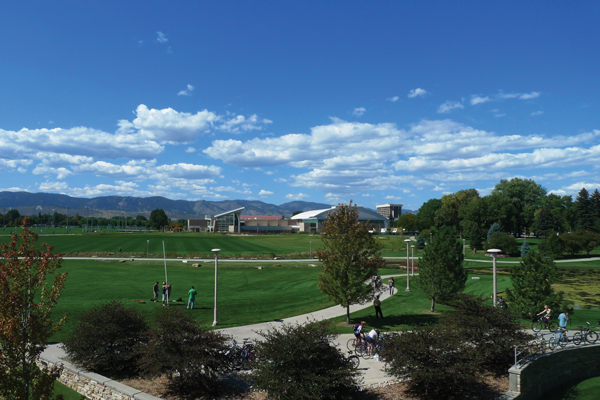
7. Cornell University
Ithaca, N.Y.
Enrolled: 14,566
About 64 percent of waste on campus is recycled or composted, including 550 tons food from the dining halls. Cornell has plans to become carbon neutral by 2035. Plus the school ranked second for the most vegan-friendly campus dining experience.
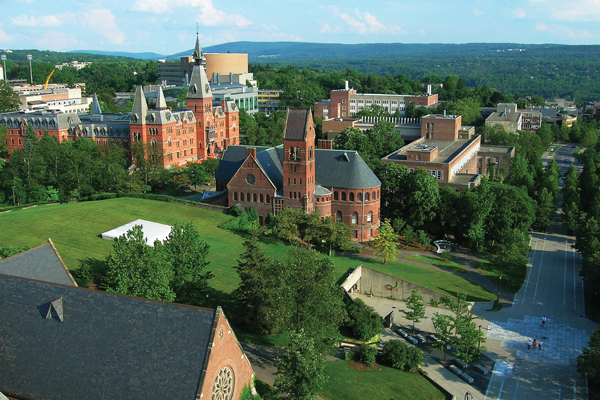
6. St. Mary’s College of Maryland
St. Mary’s City, Md.
Enrolled: 1,618
St. Mary’s is so green that it gets “63 percent of its energy consumption from renewable sources.” About 50 percent of the campus food budget is spent on local/organic food.
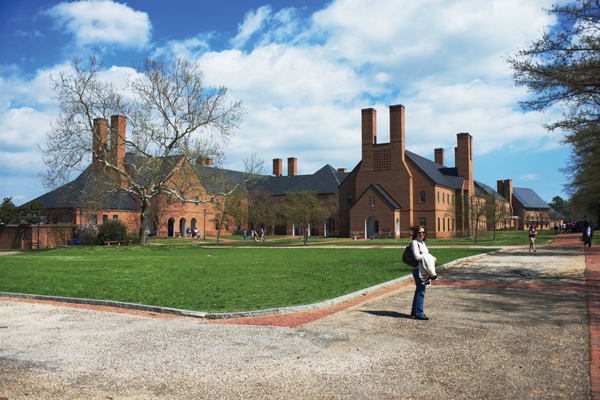
5. Dickinson College
Carlisle, Pa.
Enrolled: 2,420
The League of American Bicyclists gave the college a silver rating for being a “Bicycle Friendly University.” Since 2008, all buildings on campus have been built with LEED Gold standards.
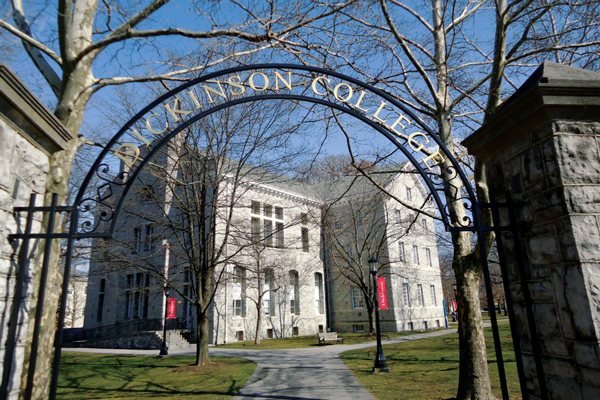
4. University of Vermont
Burlington, Vt.
Enrolled: 11,159
The Rubenstein School of Environment & Natural Resources offers majors in forestry, and wildlife and fisheries biology. Students have actively participated in ending the selling of bottled water on campus.
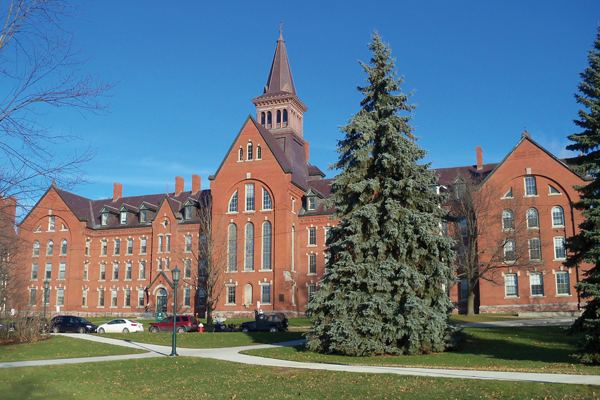
3. Colby College
Waterville, Maine
Enrolled: 1,879
Colby College’s environmental studies program is one of the oldest offered at liberal arts colleges in the U.S. The campus contains a 123-acre arboretum, and 714 acres of the campus is a wildlife sanctuary.
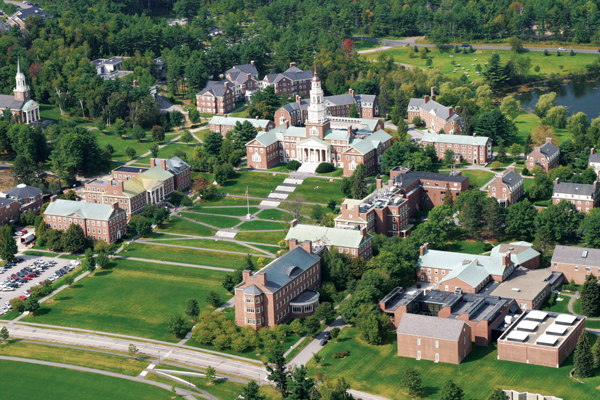
2. State University of New York- College of Environmental Science and Forestry
Syracuse, N.Y.
Enrolled: 1,752
This SUNY college gears all of its academic programs towards natural resources and the natural environment. Renewable fuels or hybrid technologies power many of the school’s campus vehicles.

1. College of the Atlantic
Bar Harbor, Maine
Enrolled: 338
The college is dedicated to building an “Energy Framework,” where the goal is to use local and renewable energy sources to end the use of fossil fuels. About 30 percent of the campus food budget is spent on local/organic foods.
